SUMMARY
This is AI generated summarization, which may have errors. For context, always refer to the full article.
![[OPINION] ‘What about us?’ Boys need protection, too](https://www.rappler.com/tachyon/2021/04/ispeak-boys-rights-1280.jpg)
In 2019, the Center for the Prevention and Treatment of Child Sexual Abuse (CPTCSA), a 25-year-old non-profit, non-government, child-focused institution working towards a safe world for children free from sexual abuse and exploitation, launched its annual theme, “What about us?” The goal was to raise awareness about the needs of boys and the gaps in services to meet those needs.
We did this not because we felt that boys needed more attention than girls, but because we knew that boys needed as much attention as girls.
The Philippines is primarily a patriarchal society, even though it has a strong matriarchal component within that patriarchy. It is the predominant patriarchal part of society that appears to have led many to assume that girls, therefore, are not getting an equal piece of the coconut pie. Many of us joined the global focus on “girl power” in an attempt to right the balance.
We agree with this work. We agree that our work needs to be gendered. But we have found that the focus on inequality appears to have led us to the conclusion that when we refer to work as “gendered,” we are putting focus on girls.
Many professionals have questioned our goal to examine the gaps in the services provided to boys, insisting that boys do not need this attention. But working to empower girls was never meant to define gendered work. This misunderstanding has led to a present imbalance in services to boys, or at least the perceived imbalance that boys do not know where to go or that they are not even allowed to ask for help.
Why is it, in a culture of community and family, that men are expected to go it alone – to know everything, to protect everyone, to be kind to everyone, and to show no fear or indecision? Females can cry and are encouraged to ask for and receive help – but boys do not appear to be getting this same message.
In our work to empower girls and women, we often found that we had given them added burdens. For example, though they can now be employed, they still must be responsible for domestic tasks and child care. Some data suggests that it is this work on “girl power” that has even contributed to increased cases of domestic violence against women, because we did not give the same attention to helping boys and men handle this shift. And perhaps this is why much of the present work with men and boys appears to be focused on domestic violence; that is, that men must learn to accept women’s independence and stop beating them.
Is there not more to working with boys and men than teaching them how to protect women while sharing their perceived patriarchal power? Of course, there is, and nobody will claim otherwise.
So, why do boys not know where to go for help? Why do boys share that when they ask for help, they feel demeaned? That if they report any form of abuse, they are unbelieved? Why do they feel that teachers prefer female students?
In 2020, the CPTCSA again focused on boys with the theme, “United 4 Boys,” and this time, it was joined by the London-based global alliance of Family for Every Child (FEC). With this same alliance, this year we launched the Blue Umbrella Day (BUD) Campaign that focuses on balancing the attention of services between boys and girls.
Among our activities is an international lecture series with a focus on the general experiences and needs of boys, with speakers from the Philippines, India, Cambodia, Germany, England, Australia, and the United States.
Boys need protection, too. We have the answers to authentic gender-equal services somewhere amongst ourselves. We just need to come forward. We need to work together and listen to everyone. We can meet this challenge. – Rappler.com
Lois Engelbrecht holds a PhD in social work and is a founding member of the CPTCSA.
Learn more about her advocacy through www.cptcsaph.org and www.blueumbrelladay.org.
Add a comment
How does this make you feel?

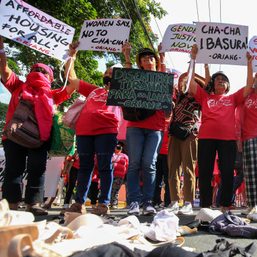
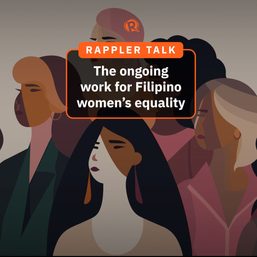

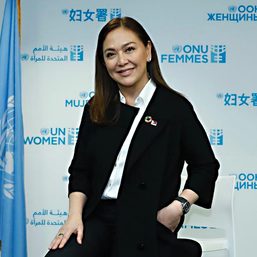

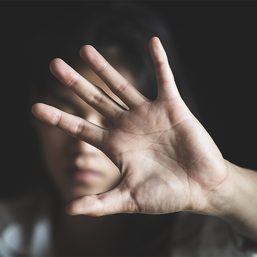
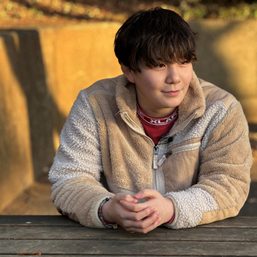

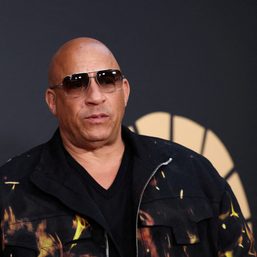
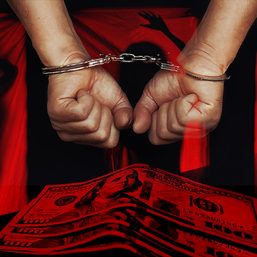
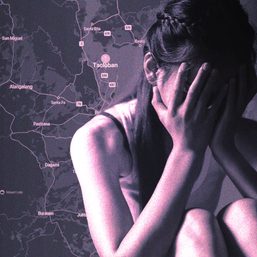
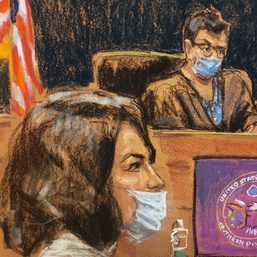
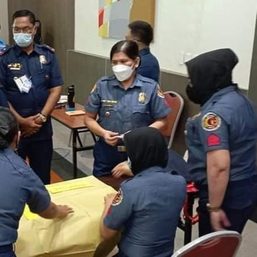


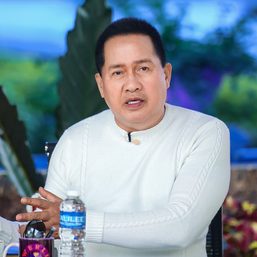
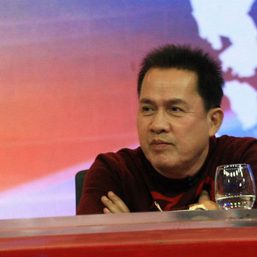
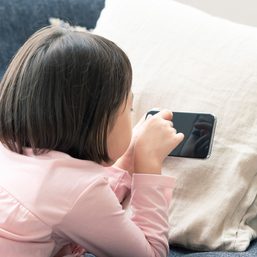
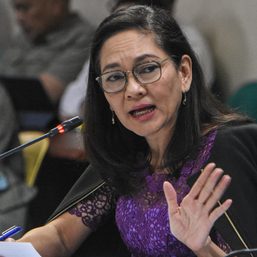
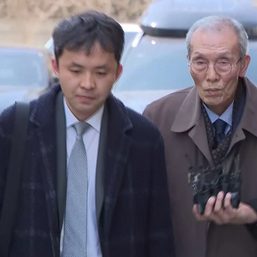
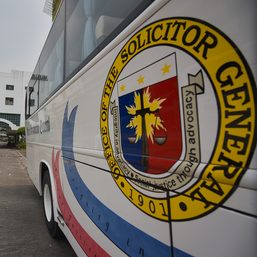
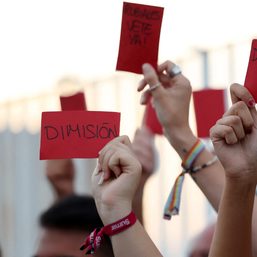
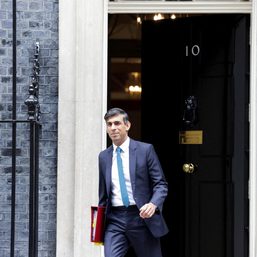
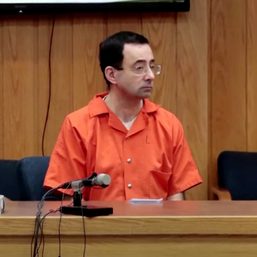
![[OPINION] The myth of the individual narrative in the struggle against sexual violence](https://www.rappler.com/tachyon/2024/02/ispeak-struggle-for-safe-spaces-feb-7-2024.jpg?resize=257%2C257&crop=274px%2C0px%2C720px%2C720px)
![[OPINION] Data is crucial to preventing gender-based violence](https://www.rappler.com/tachyon/2023/11/TL-ogbv-nov-28-2023.jpg?resize=257%2C257&crop=271px%2C0px%2C720px%2C720px)
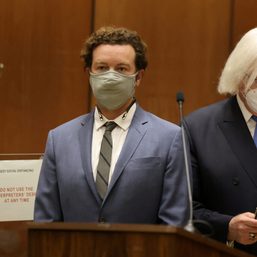
There are no comments yet. Add your comment to start the conversation.